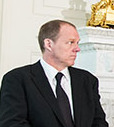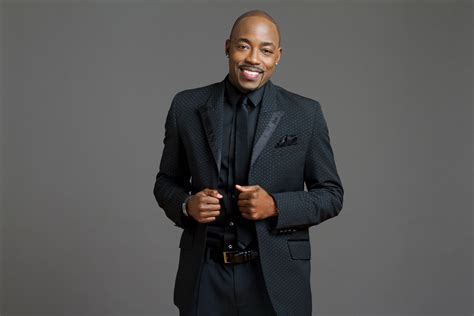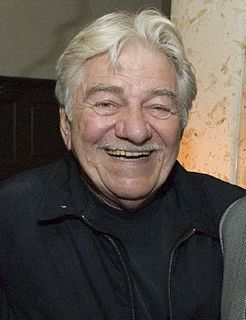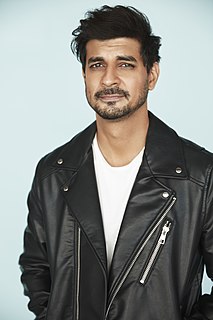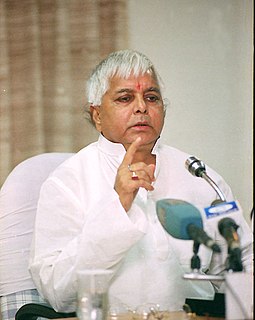A Quote by Ira Sachs
I always hope that people feel less alone when they see a movie that I make. That some part of the story played out on the big screen will resonate for individuals in the audience in a way that gives them comfort.
Related Quotes
When you see a struggle that you may be having personally put on a big screen and in a roomful of people, then it makes you feel less crazy or alone, because you're seeing that other people are dealing with it too. You get to see in this imaginary scenario how people might try and answer some questions or deal with some problems.
My hope is that digital technology will level things out more and that it will eventually eliminate favoritism. But technology cannot do it alone. The audience has to become more discriminating as well and not buy into every big tentpole movie because they have been brainwashed into thinking that's the movie to see.
When someone says "that resonates with me" what they are saying is "I agree with you" or "I align with you." Once your ideas resonate with an audience, they will change. But, the only way to have true resonance is to understand the ones with whom you are trying to resonate. You need to spend time thinking about your audience. What unites them, what incites them? Think about your audience and what's on their mind before you begin building your presentation. It will help you identify beliefs and behavior in your audience that you can connect with. Resonate with.
I think when I start out writing, I always try to write the version of the movie that I want to go see. I don't mean it in a way that ignores the audience, but I really set out to make a movie that I want to see and that, hopefully, other people will want to go see it. So whatever's amusing to me, I guess, I throw it all in there.
Many people came out and said, 'Boy I'd love to make a film that way.' Well, borrow some money, get some people together - you can get people to work for nothing, just treat them right, treat them as human beings, not stars, give them all an equal share, make them feel a part of what they're doing. There's no big secret to it.
People inside the theaters usually, not 100 percent but most of them, enjoy the movie. Usually they come with a small negative view. In a way, they're prepared to get bored because it's silent and because it's black and white. So they are much more pleased to be entertained in a way. They're very happy when they go out. This was my job. For the other ones, I can do nothing except screen the movie and hope that they will say to their friends that it's not so [bad].
Whether people are making narrative cinema or experimental cinematic movie experiences, they all want the biggest screen possible and the quietest room and the most attention to every nuance and detail. Obviously, most people will not see the movie that way, but I can still hope for it, and I'd like to think we will be able to pull it off this time.
Seeing yourself reflected on screen is a very important part of being human. It makes us feel less alone, it make us feel more connected to humanity. Women, gay men, and trans people for a long time have not seen themselves represented, so being able to show the complexities that we all have - just as complex stories as a heterosexual white male - is crucial for us to feel more human and have other people see us as human beings.
I make comedies and I always try... I don't try but I allow to have at least 5% of the jokes or have some jokes that I know will be understood by only about 5% of the audience. It's that guy in the corner who gets it and laughs. But he has to have his jokes too. That's part of my audience. Part of my audience is the people who will only get certain things.
We who make stories know that we tell lies for a living. But they are good lies that say true things, and we owe it to our readers to build them as best we can. Because somewhere out there is someone who needs that story. Someone who will grow up with a different landscape, who without that story will be a different person. And who with that story may have hope, or wisdom, or kindness, or comfort. And that is why we write.





